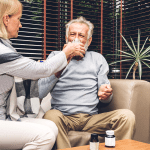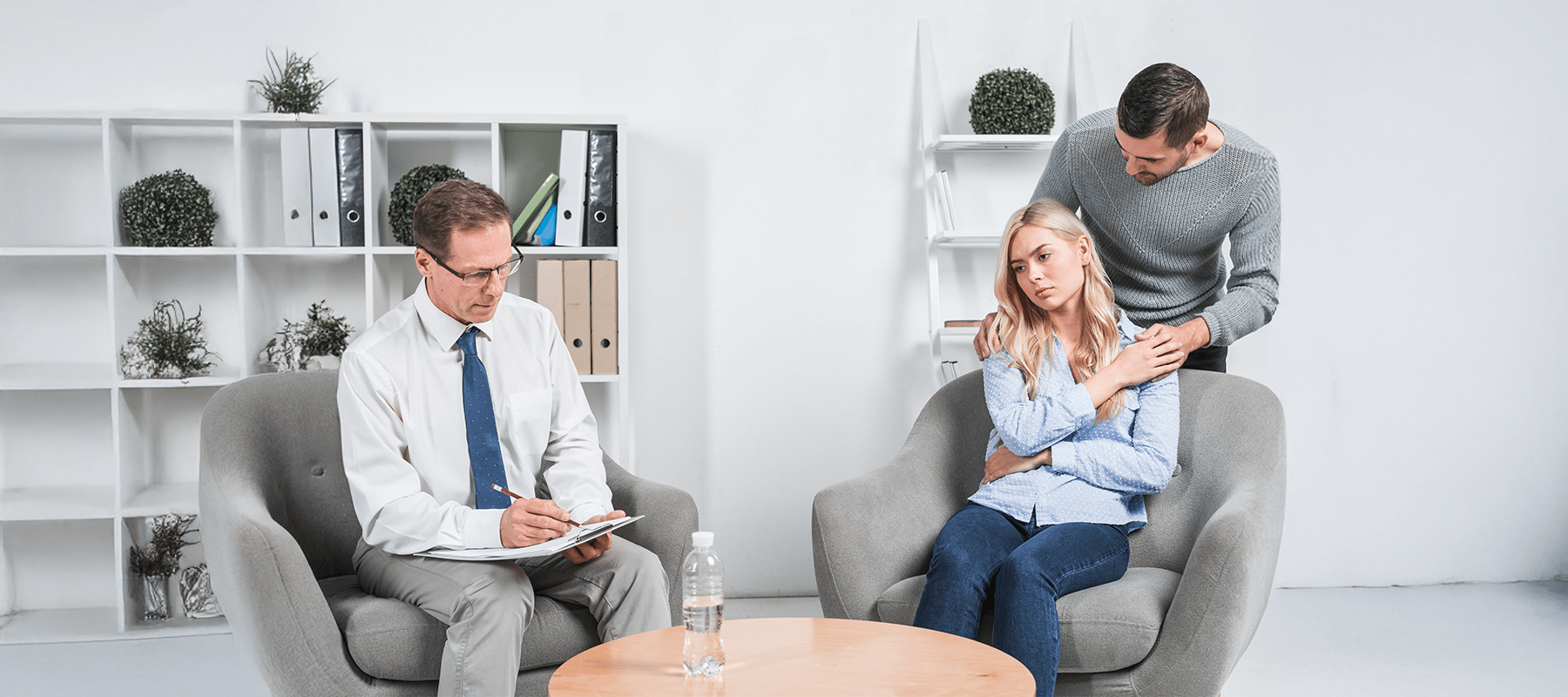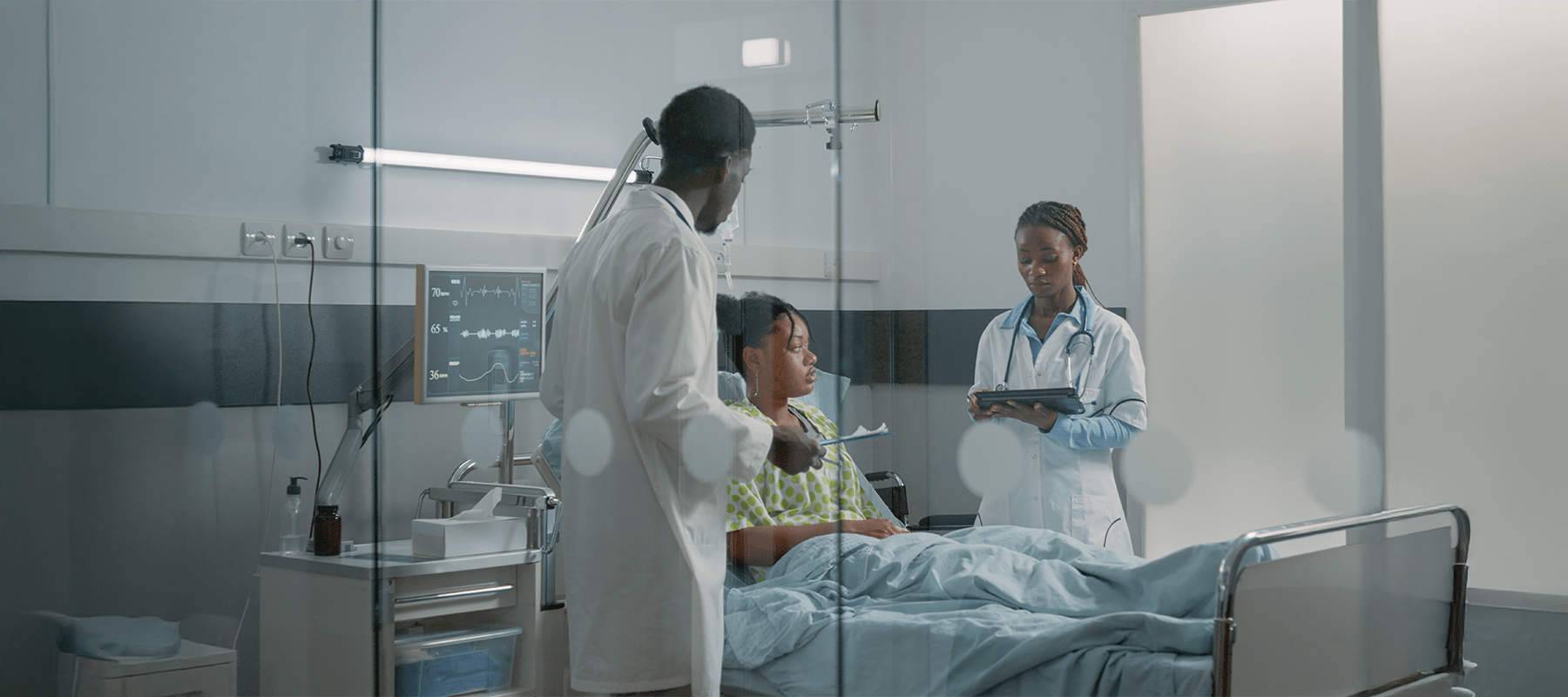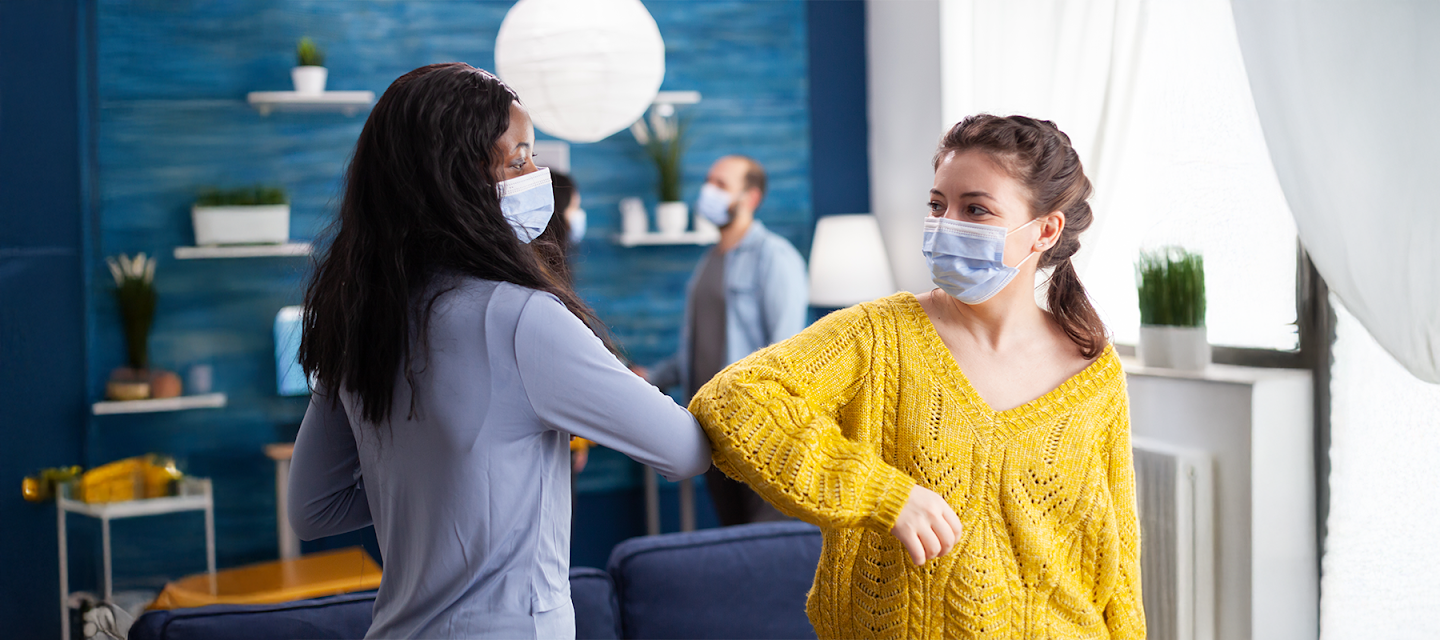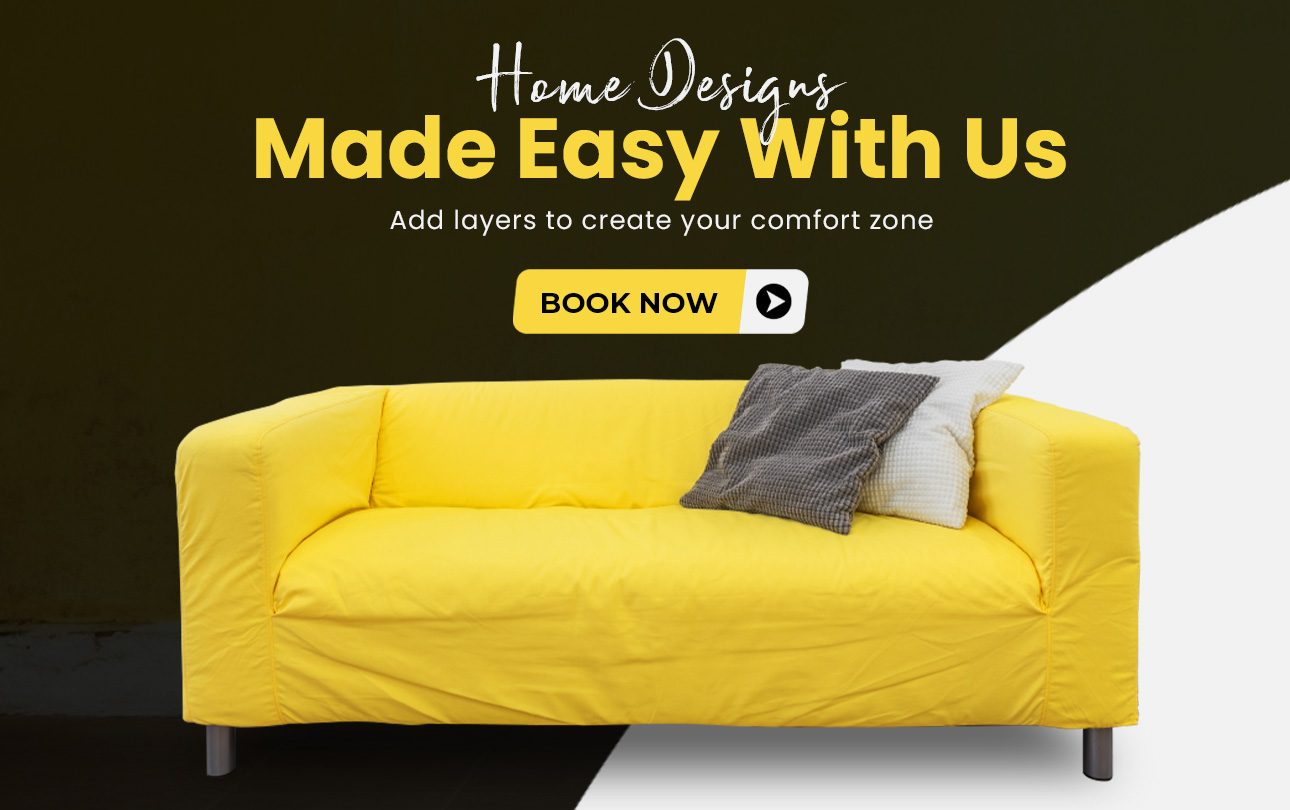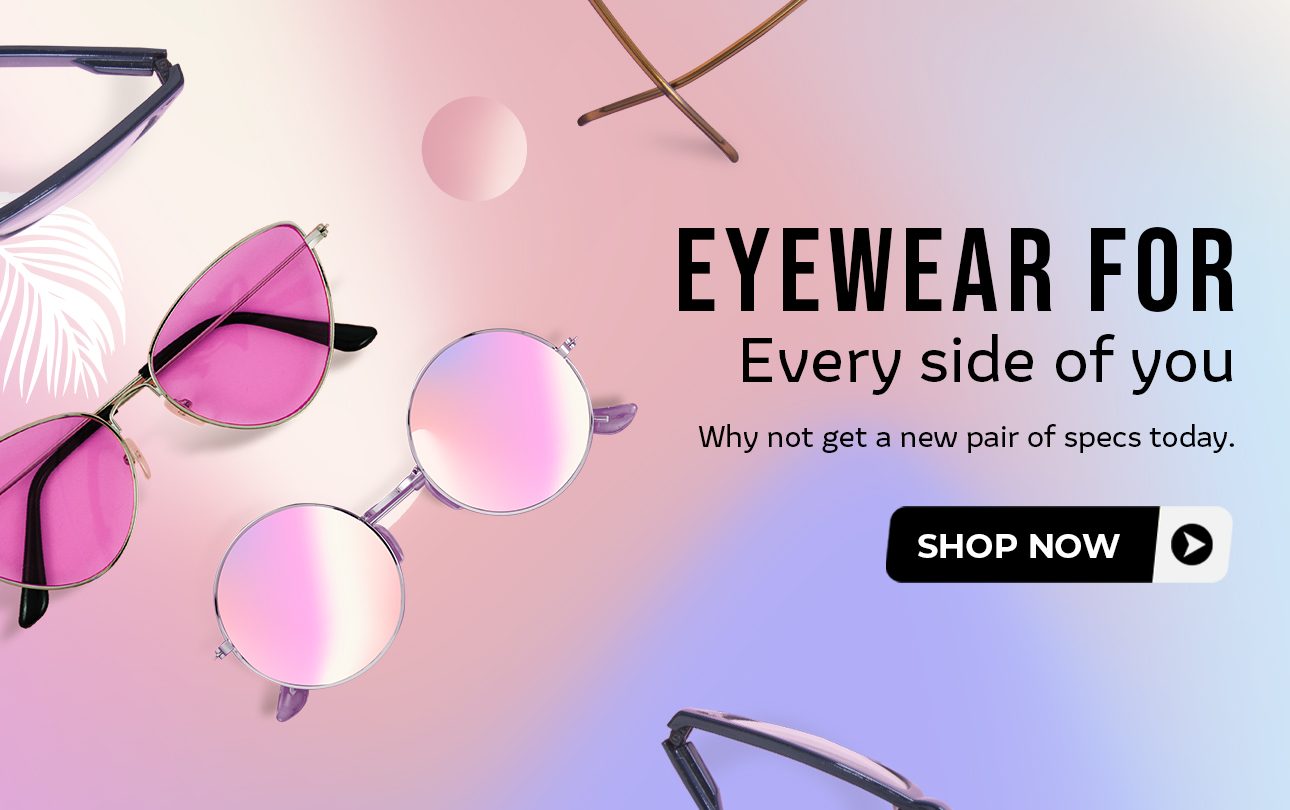It’s rather quick enough that I am sharing my opinion on my personal turn towards DIY healthcare. After the hospital bill for a routine check arrived one summer and left me feeling the sting of healthcare costs in the USA in a deeply personal way, I kept on thinking and decided on an alternative.
Like most Americans are doing, gradually I turned towards online health forums seeking advice, guidance, and support from people who also underwent similar struggles. Here is my first step into the world of DIY healthcare – it is now a growing movement that has begun to reshape how Americans are accessing information and connecting through peer health networks.
Well, this shift is not solely about saving money. The idea is about finding community healthcare options that blend trust, accessibility, and understanding in ways that are often overlooked by the traditional system.
What drives the rise of DIY healthcare communities in the US?
The rising healthcare costs in the USA and limited access to affordable medical advice are the root cause leading to DIY healthcare. As per the 2024 Kaiser Family Foundation report, nearly 4 in 10 Americans have to skip or delay medical care because of cost. Because of this financial barrier, online health forums have come up where people can freely share their experiences and opinions.
Peer health discussions are now being widely accepted. The users have a scope to learn about conditions, treatments, and lifestyle changes directly from people who have already overcome the phase or are in the recovery stage. Because shared humanity often goes missing from the clinical conversations, the users are mostly drawn towards the digital spaces where empathy meets experience.
Why are Americans shifting to online groups for health advice?
Other than cost, there is also a human drive for connection and understanding. Americans are in need of something more than diagnoses – they prioritize shared journeys and emotional support. At the online forums, they have this sense of belonging. Reddit communities focus on chronic illness, and specialized Facebook groups bind the patient communities. These sources have grown as vital means of comfort and knowledge.
Nevertheless, this trend brings up concerns about the accuracy of shared information. Often, the individuals rely on anecdotal evidence that might mislead if accepted as fact. Here is where the idea of regulated peer health networks steps in.
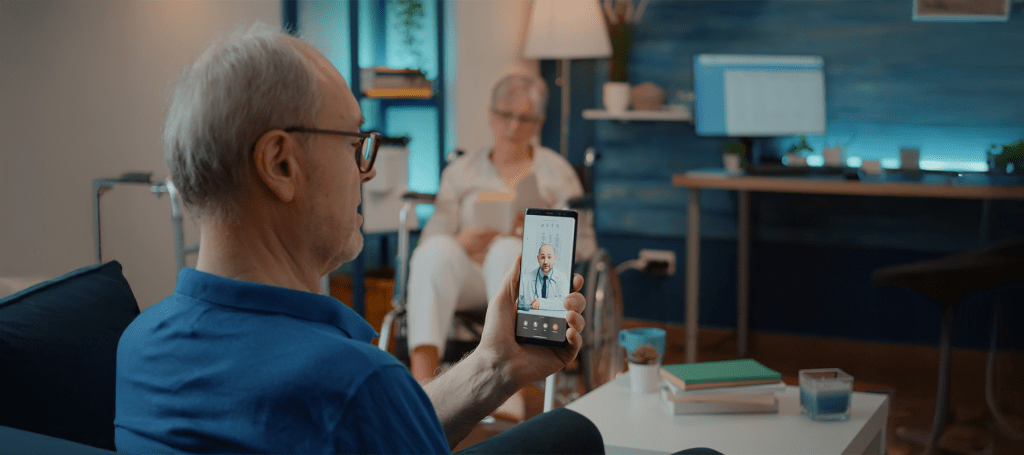
How do peer health networks work – and how can they be safely regulated?
Peer health networks blend community healthcare experiences with expert supervision. Suppose in an online platform, the medical professionals are verifying content, algorithms can flag misinformation, and users are likely to be engaged in moderated discussions. This goes ahead to create a bridge between DIY healthcare exploration and professional oversight.
Health regulation initiatives in the USA are now considering frameworks for such platforms. These are likely to include licensing standards for moderators, verified information sources, and digital health safety audits to ensure user protection from harm.
Peer health vs traditional care – A new balance
Traditional healthcare delivers clinical accuracy. On the other hand, peer health offers lived understanding. Each makes up for a different gap. In the peer health vs. traditional care debate, the ideal model could be integration, and not replacement.
For instance, when someone is managing diabetes, they could consult a doctor for treatment while using online patient communities for lifestyle support or emotional coping. Through this hybrid approach, the patients are empowered to take charge without abandoning professional guidance.
Role of healthcare costs in the growth of online health discussions
Healthcare costs in the USA push many people towards self-management. Roughly 27 million Americans remain uninsured. So, the basic consultations become financially burdensome. That is why people are looking for low-cost sources of advice.
DIY healthcare platforms are offering a sense of control. Other than waiting weeks for an appointment, users could instantly share symptoms, receive peer insight, and even crowdsource remedies. A cost-saving perspective might drive participation, but empowerment makes it possible to sustain it.
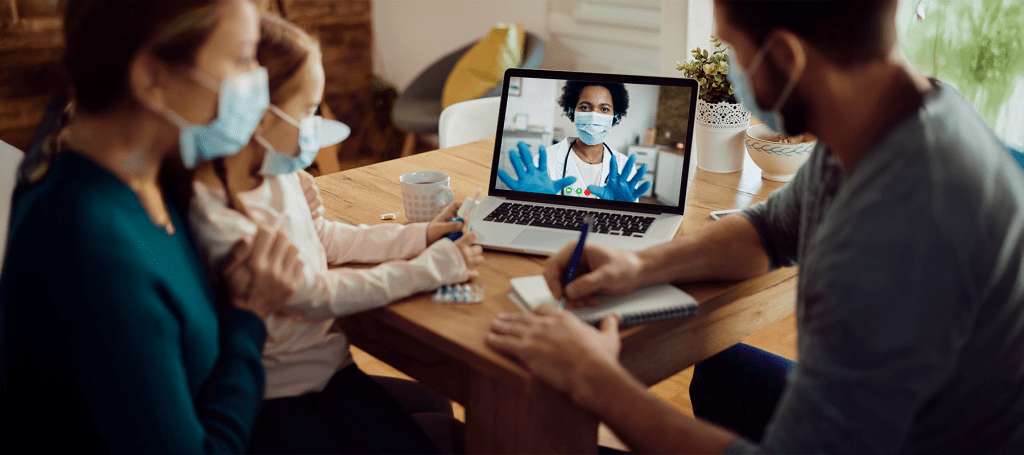
Handling misinformation and strengthening digital health safety
Misinformation is enough to quickly erode trust. The US policymakers are exploring ways to keep the users protected without curbing open dialogue. The proposed solutions involve stronger content verification tools, partnerships between tech firms and public health bodies, and educational campaigns on digital health safety.
There are platforms like MedHelp and Mayo Clinic Connect where a semi-regulated form of peer health is already being practiced by featuring verified expert responses alongside community discussion threads.
How can government and tech firms build trustworthy peer health platforms?
A combined effort between government regulation and private innovation might define the future of community healthcare in America. The tech companies could design algorithms to flag unverified data, while the regulators set oversight frameworks that ensure transparency.
User identity verification, privacy protection, and partnerships with licensed professionals could form the backbone of the future health regulation model in the USA.
What motivates the Americans – and who joins these networks?
Motivations range from affordability and trust to seeking emotional balance. While the seniors manage chronic illnesses, the young adults explore alternative medicine, and the uninsured workers all contribute to the growth of digital patient communities. Diversity in voices enriches these spaces while demanding stronger digital health safety measures.
On a final note
Better to move toward a smarter and safer DIY health ecosystem! The rise of DIY healthcare reflects both the ecosystem and human resilience. But don’t get me wrong – Americans are not rejecting the doctors. They are building trust through connection. With better health regulations frameworks in the USA and digitally verified per networks, the community healthcare future can be made safer, more supportive, and distinctly human.
In the end, the goal is empowering people towards making smarter choices, not replacing professional care. Through a well-regulated, collaborative ecosystem with less daunting healthcare costs in the USA and thriving verified peer health knowledge, the next chapter of American healthcare can be defined.
Pooja Saha is a passionate content writer who creates engaging, easy-to-understand, and SEO-friendly content. She specialises in crafting blogs and articles that connect with readers while helping brands grow online.






